
The Organization for Human Brain Mapping (OHBM)
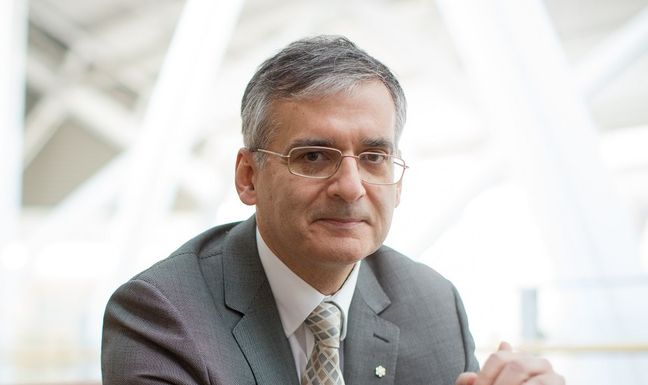
Talairach Lecture: Andres M. Lozano, OC, MD, PhD, FRCSC, FRSC, FCAHS
Senior Scientist, Toronto Western Hospital, University Health Network; University Professor, University of Toronto
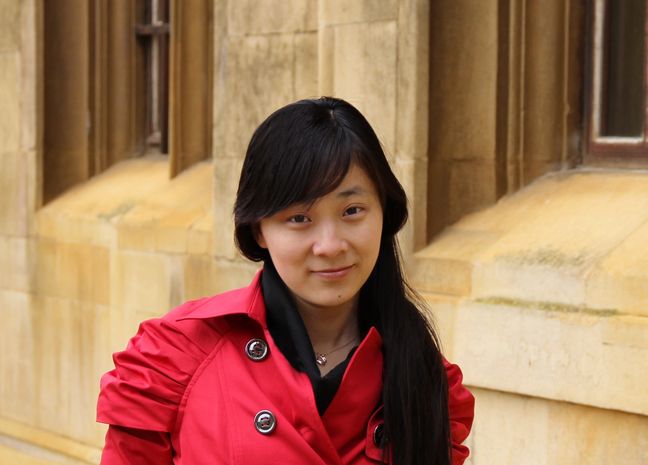
Virtual Keynote Lecture: Yina Ma, PhD
Director of Social & Affective NeuroPharmacology (SANP) Lab and Principle Investigator in State Key Laboratory of Cognitive Neuroscience and Learning, and IDG/McGovern Institute for Brain Research, Beijing Normal University
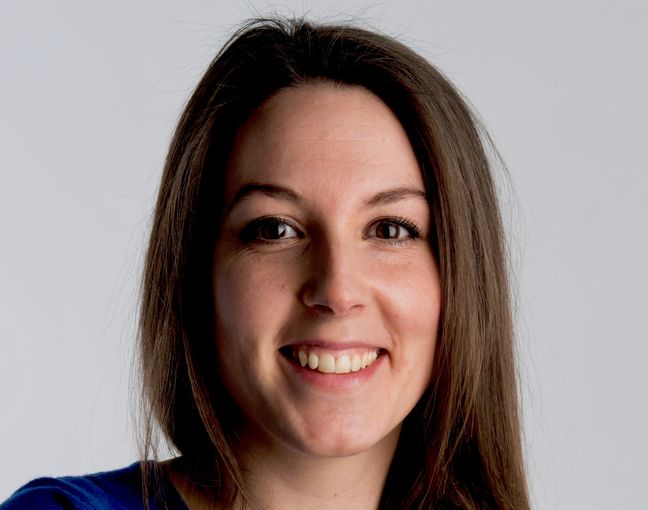
Keynote Lecture: Sarah Genon, PhD
Institute of Neuroscience and Medicine, Brain and Behaviour (INM-7) at the Forschungszentrum Jülich; Professor at Institute for Systems Neuroscience of the Heinrich Heine University Düsseldorf
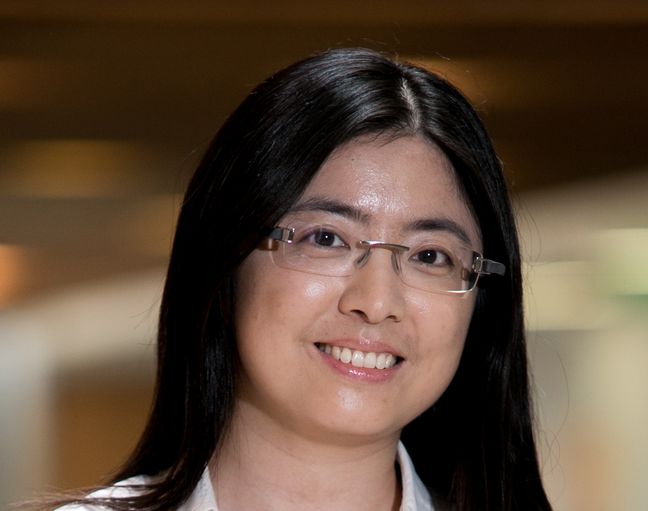
Keynote Lecture: Juan Helen Zhou, PhD
Associate Professor at the Centre for Sleep and Cognition; Deputy Director, Centre for Translational Magnetic Resonance Research, Yong Loo Lin School of Medicine, National University of Singapore (NUS)
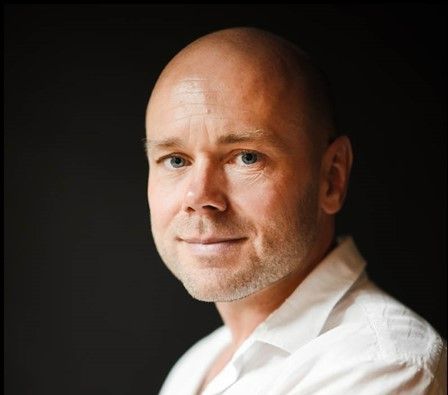
Keynote Lecture: Ole Jensen, MSc, PhD
Professor and co-director of the Centre for Human Brain Health at the University of Birmingham
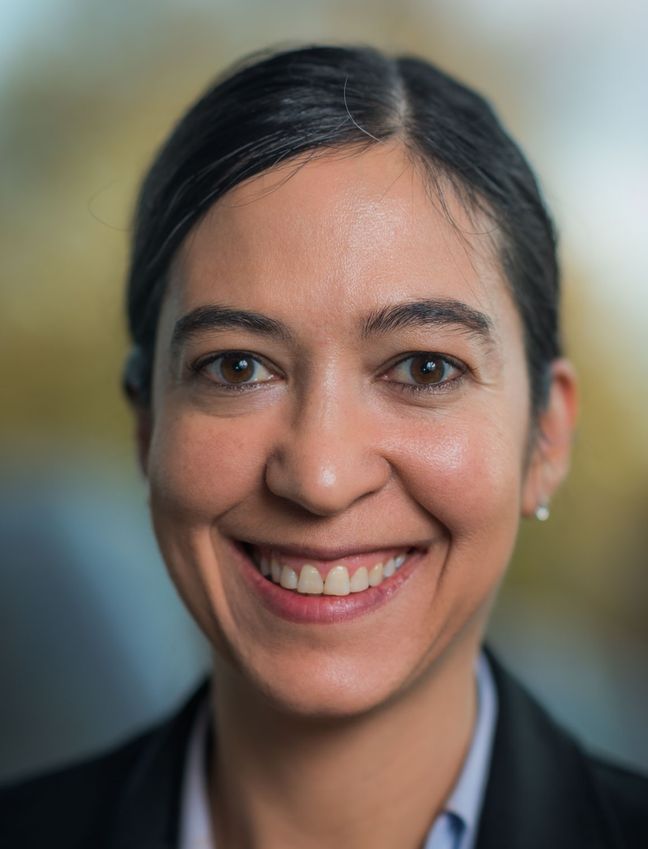
Keynote Lecture: Janaina Mourao-Miranda, MSc, PhD
Machine Learning and Neuroimaging Lab at the Centre for Medical Imaging Computing (CMIC) in the Computer Science Department, University College London (UCL)
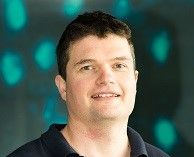
Keynote Lecture: Andrew Zalesky, PhD
Associate Professor in Engineering and Medicine at the University of Melbourne, Australia
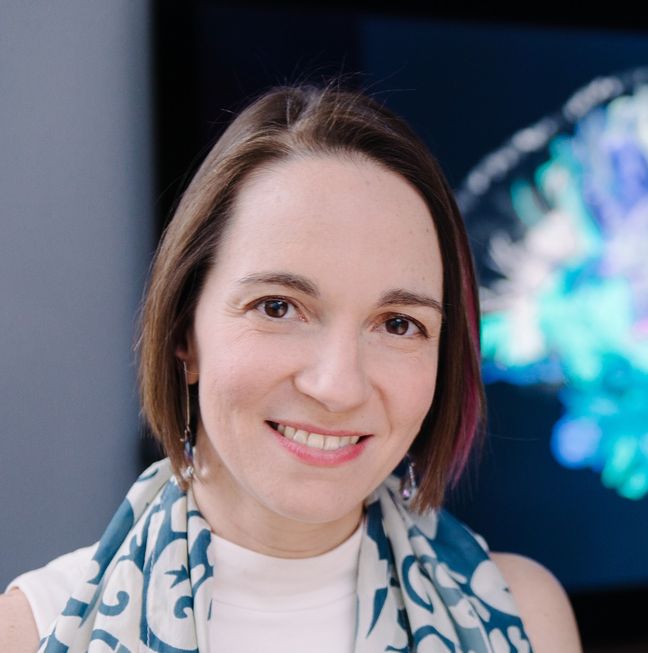
Keynote Lecture: Anastasia Yendiki, PhD
Associate Professor in Radiology at Harvard Medical School; Associate Investigator at Massachusetts General Hospital, Martinos Center for Biomedical Imaging
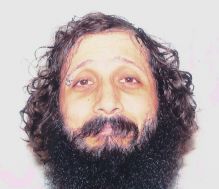
Keynote Lecture: Jon Polimeni, PhD
Assistant Professor in Radiology at Harvard Medical School; Associate Investigator at the Massachusetts General Hospital; Affiliated Faculty in the Division of Health Sciences and Technology at the Massachusetts Institute of Technology; and Director of Ultrahigh-Field Imaging at the Athinoula A. Martinos Center for Biomedical Imaging
Location
Online event:
Contact us
If you have any questions, please contact bslater@humanbrainmapping.org